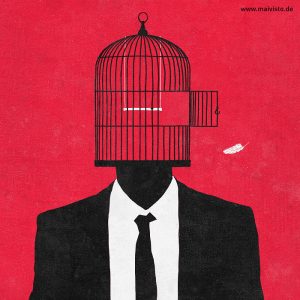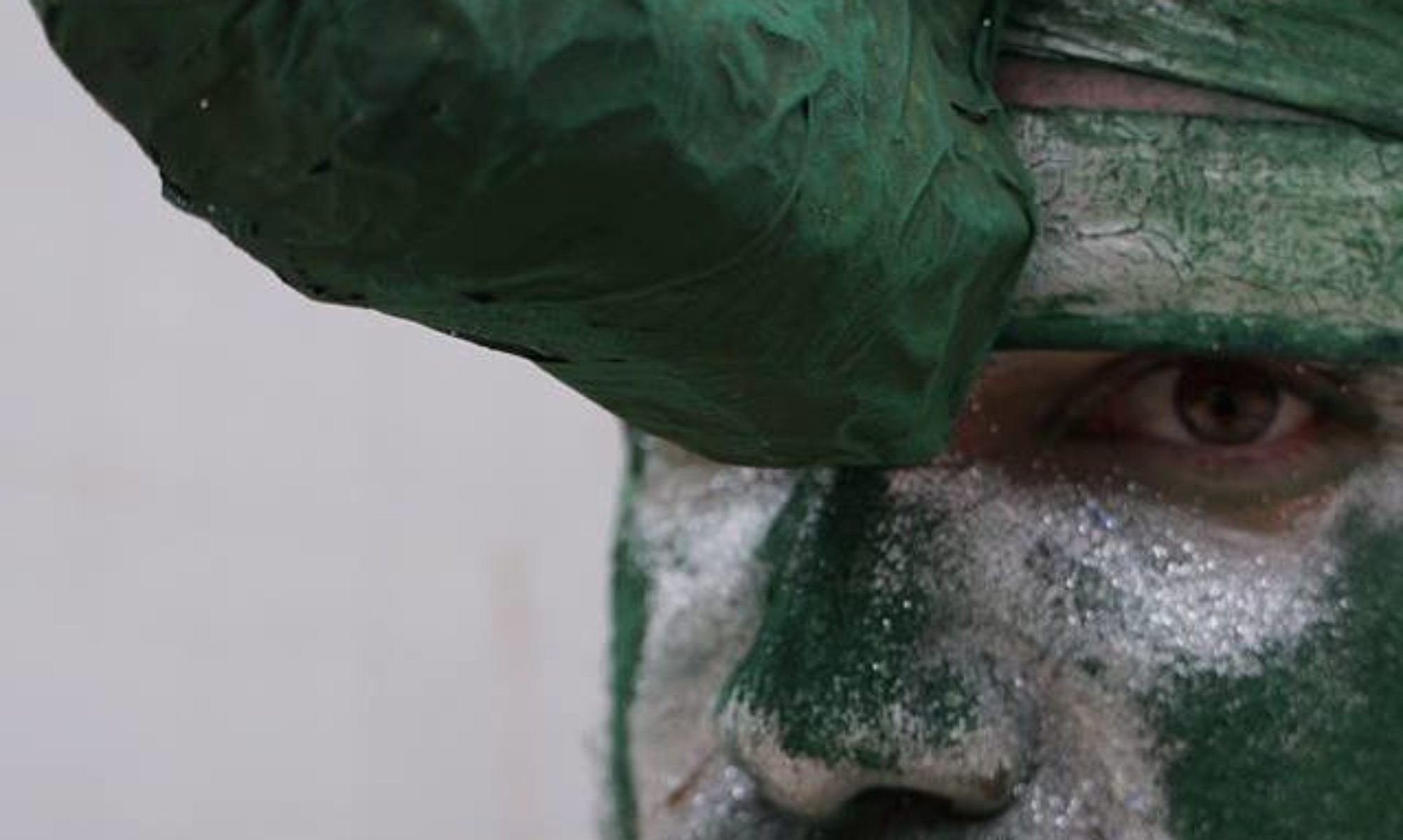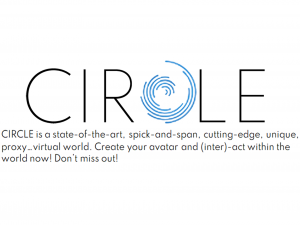
This is my blog of “reflection-on-action” (Schön, 1983: 50), on Short Courses of RCS, working with children of P5-7 through Process Drama (Digital Version).
In this blog I will reflect and write about things that went well and things that needed improvement in each week’s Process Drama plan and digital content.
This was the final week of the short courses placement. It was an emotional moment but also a marking point so as to reflect on what has been happening the last 6 weeks. I made a digital content aiming to engage young participants of P5-7 with a storyline that included capitalism, justice and personal agency. It was a very exiting journey and I feel really grateful that I got to experience that. I have learned how to structure a drama lesson plan, how to lure and engage the young participants even more, especially under the current circumstances of COVID-19. It felt quite stressful at the beginning as I wasn’t aware of what was expected of me to deliver but as the week went by and as I was having more and more conversations with my mentor, the aims were clearer hence my lesson plans as well.
I gained a lot of skills from that process, skills that I might have not gained otherwise. I learned to pay extra attention to details as far as the digital content is concerned, taking into consideration the general aesthetic of it from the fonts to the video transitions. I further developed my video editing skills, having in mind whilst editing the videos, the learning question of the week and what I want to achieve through that. In addition, I researched themes and topics, deepening further my knowledge and understanding of those matters. Moreover, I was able to work within a duo, having team spirit and collaborating quite nicely, uplifting my co-facilitator so as they did to me.
This week CIRCLE logged off forever. It was Felicity’s last video message informing the young participants of this end whilst they also received an e-mail from Quinn Wright, one of the founders of CIRCLE, letting them know that their data are deleted and they no longer have access to CIRCLE. But with every end comes a new beginning, so the facilitators asked the young participants to think about what the future might hold. They asked them to imagine they are the founders of new various virtual worlds and write a manifesto of what would the principles be of those new worlds. Would they still discriminate against people or would they aim for equality?
It was a very powerful and important theme to explore throughout all the given weeks along with the young participants because if we want to change the future we need to start from the people of the future, the young participants. As Darren O’ Donnell successfully says in Social Acupuncture: Life in the Shit Factory (2006):
Okay, so you want to make culture and creativity a central part of civic life? Fine. Then I want in on the institutions that form – at ground level – the fabric of the city. I want to use these as material in my art practice. (O’Donnell, 2006: 24)
I believe that engaging the young participants through the method of Process Drama, with the themes that we have been exploring all these weeks, we act just like O’Donnell mentions in his quote about trying to achieve a change through the institutions, in that case RCS, starting from the ground level, in that case, the young participants and I am glad I got to be part in all of that.
Reference List
O’donnell, D. (2006). Social Acupuncture a Guide to Suicide, Performance and Utopia. Toronto Coach House Books.
Schön, D.A. (1983). The Reflective Practitioner : How Professionals Think in Action. S.L.: Basic Books.
Digital Content: CIRCLE 6th WEEK
Process Drama Plan: Process Drama WEEK 6
Rafael’s Feedback: Rafael’s Feedback
Mentor’s Feedback: Mentor’s Feedback






